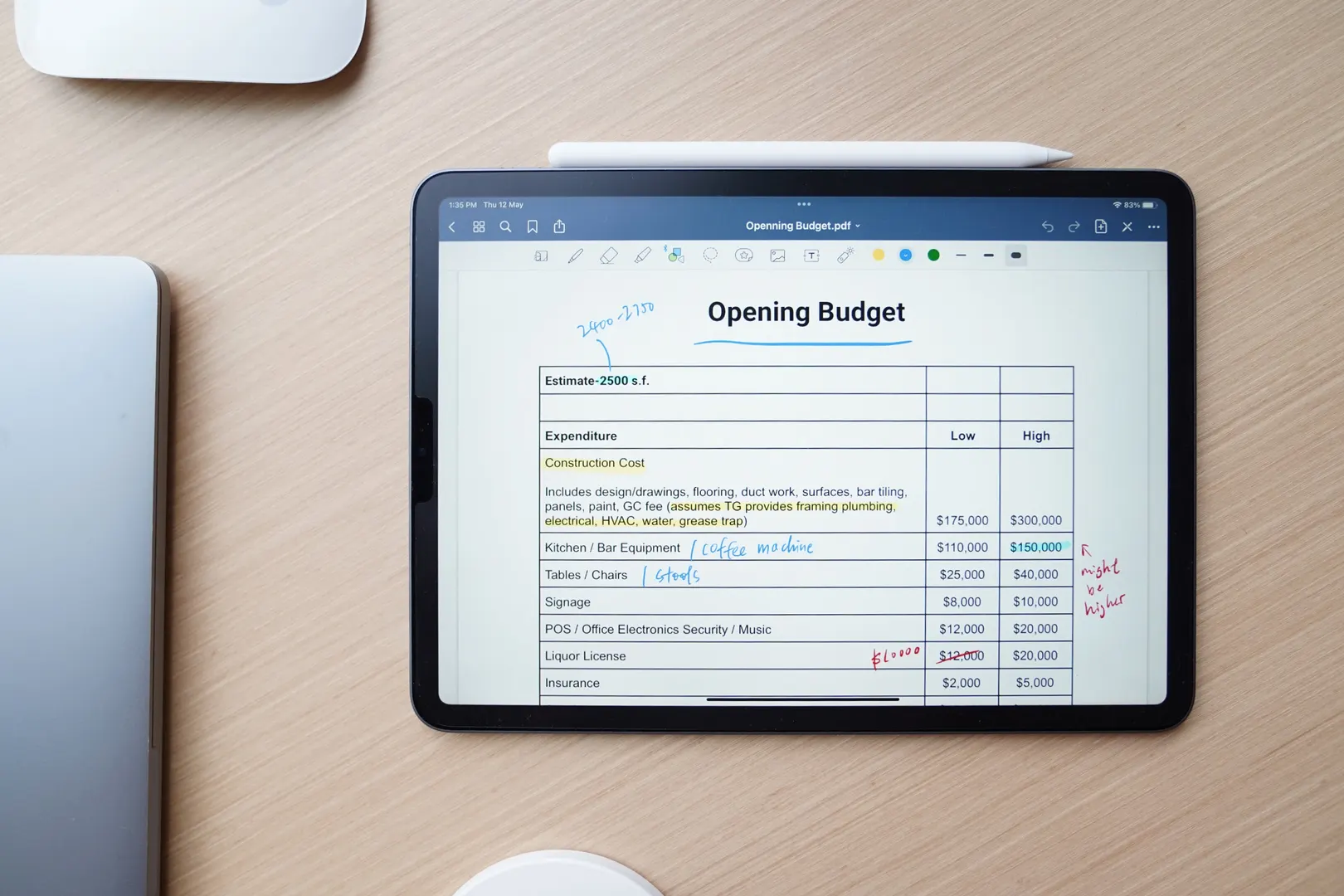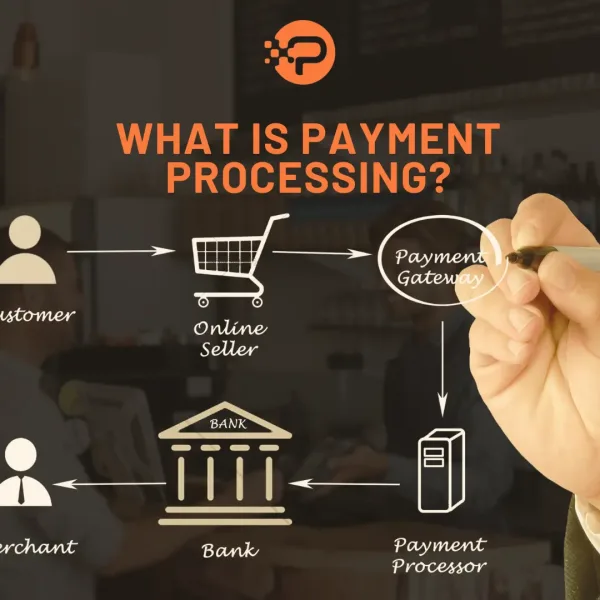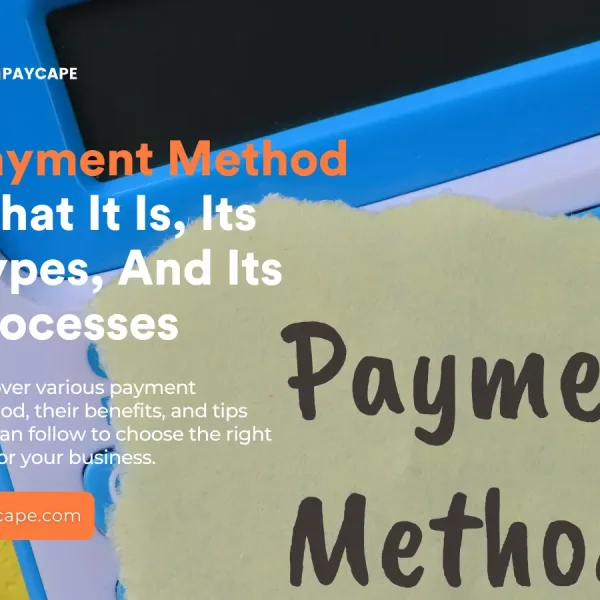In personal finance, one term that often resonates is “budgeting.” However, not all budgeting methods are created equal.
The truth is that finding the right budgeting method is key to financial success. One approach that stands out for its simplicity and effectiveness is Zero-Based Budgeting (ZBB).
Zero-based budgeting simplifies your financial life by giving every penny a specific job. Whether it’s covering essential bills, allocating funds to less crucial expenses, or putting money towards your financial goals, every penny has a purpose.
This intentional approach makes it easier to manage your money effectively, ensuring that you stay in control of your finances and work towards your financial aspirations. It’s a straightforward method that brings clarity to your spending and empowers you to make the most of every penny you earn.
So, what is a zero-based budget and how does it work? Let’s see!

What is a Zero Based Budget?
A Zero-Based Budget is a budgeting approach where you allocate every penny of your income to specific categories or expenses. This budgeting strategy ensures that your total income minus your total expenses equals zero.
Unlike traditional budgeting methods that may allow for some unallocated or discretionary spending, zero-based budgeting requires you to give a purpose to every penny you earn.
Here’s how it typically works:
- Income Assignment: Start by listing all your sources of income.
- Expense Categories: Identify and list all your expenses, including fixed costs (like rent, mortgage, and utilities) and variable expenses (like groceries, and entertainment).
- Allocating Funds: Assign a specific amount of money to each expense category based on your income. Prioritize essential expenses first and allocate funds accordingly.
- Balance to Zero: Ensure that your total income minus your total expenses equals zero. This means you’re allocating all your income and leaving no money unaccounted for.
- Adjustments: If you find that your expenses exceed your income, you may need to make adjustments by cutting discretionary spending or finding ways to increase your income. Also, if you have leftover funds, you can allocate them to savings, debt repayment, or other financial goals.
Features of Zero-Based Budgeting
Zero-based budgeting (ZBB) comes with distinctive features that set it apart as a comprehensive and intentional financial management approach.
Here are the key features of Zero-based budgeting:
1. Every Penny Has a Purpose
In ZBB, every penny of your income is assigned a specific purpose. This contrasts with traditional budgeting, where unallocated funds might exist. ZBB ensures that all income is used effectively, leaving no room for overlooked or unaccounted expenses.
2. Starts from Scratch Each Time
Unlike other personal budgeting methods that might carry over balances from the previous month, ZBB begins fresh each time you create a budget. This helps in reevaluating and adjusting priorities regularly.
3. Detailed Expense Analysis
ZBB involves a meticulous examination of expenses. Every category is scrutinized, and funds are allocated based on the current financial situation and priorities. This detailed analysis is key to optimizing spending.
4. Focus on Needs Over Wants
ZBB prioritizes essential needs over wants. Fixed costs, such as housing and utilities, are funded first, ensuring that the basics are covered before allocating funds to discretionary spending categories.
5. Goal-Centric Allocation
Financial goals, whether it’s building an emergency fund, paying off debt, or saving for a specific purpose, are given priority in ZBB. This ensures that you make progress toward your objectives with every budget cycle.
6. Adaptability to Changes
ZBB is adaptable to changes in income or financial priorities. Whether you experience a pay raise, a reduction in income, or a change in financial goals, ZBB allows you to easily adjust your budget to accommodate these changes.
7. Encourages Continuous Review
ZBB is not a set-it-and-forget-it approach. Regular reviews of your budget are encouraged. With this, you can stay on track, identify areas for improvement, and make necessary adjustments to ensure ongoing financial success.
8. Reduction of Unnecessary Spending
ZBB allows you to scrutinize each expense during the budgeting process. With this in toll, you can identify and eliminate unnecessary or frivolous spending. This can lead to more mindful financial habits and increased savings.
9. Emphasis on Accountability
ZBB promotes a sense of financial accountability. When every penny has a designated purpose, individuals become more conscious of their spending decisions and are less likely to engage in impulsive purchases.
10. Strategic Resource Allocation
Resources are strategically allocated based on their importance to overall financial well-being. This ensures that limited resources are directed toward the most critical areas, helping individuals achieve a balanced and sustainable financial life.
Zero-Based Budgeting Advantages and Disadvantages
Zero-Based Budgeting (ZBB) comes with its set of advantages and disadvantages. Let’s explore both sides to provide a comprehensive understanding of this budgeting approach.
Advantages of Zero-Based Budgeting
- Enhanced Financial Awareness: ZBB requires a detailed analysis of every expense, promoting a heightened awareness of where money is being spent. This increased financial consciousness is beneficial for making informed and intentional financial decisions.
- Financial Discipline: ZBB instills financial discipline. You are less likely to engage in impulsive or unnecessary spending when you have a clear understanding of your financial priorities.
- Optimized Spending: ZBB helps identify areas of unnecessary expenditure. As every expense is scrutinized during the budgeting process, you can pinpoint where spending can be optimized or reduced, leading to potential cost savings.
- Goal Prioritization: The budgeting process in ZBB prioritizes financial goals. Whether it’s building an emergency fund, paying off debt, or saving for a specific purpose, you are more likely to make consistent progress toward your objectives.
- Adaptability to Changes: ZBB is adaptable to changes in income or financial priorities. Whether facing a reduction in income or experiencing an unexpected windfall, you can easily adjust your budget to accommodate these changes.
Disadvantages of Zero-Based Budgeting
- Time-Consuming Initial Setup: The initial setup of a zero-based budget can be time-consuming. It requires a detailed analysis of expenses and careful allocation of funds, which might be a deterrent for those seeking a quicker budgeting method.
- Complexity for Irregular Incomes: If you have an irregular or unpredictable income, you may find ZBB challenging. Estimating a baseline income and adjusting the budget as actual income fluctuates can be more complex for those with variable earnings.
- Possible Overemphasis on Short-Term Goals: The focus on allocating funds to immediate needs and short-term goals might result in overlooking long-term financial planning. You may need to supplement ZBB with additional strategies for long-term wealth building.
- Limited Flexibility for Unexpected Expenses: While ZBB aims to account for every penny, unexpected expenses may still arise. The rigid allocation of funds may limit flexibility in handling unforeseen financial challenges, necessitating the creation of an emergency fund or contingency category.
- Potential for Overlooking Less Frequent Expenses: Less frequent but significant expenses (e.g., annual insurance premiums or property taxes) might be overlooked in the regular budgeting cycle, potentially leading to financial strain when these expenses arise.
Zero-Based Budgeting Example
Let’s walk through a simple example of Zero-Based Budgeting (ZBB) using a hypothetical individual named Alex. Alex earns a monthly income of $3,000 and wants to ensure every dollar has a purpose in the budget.
Alex’s Finances
Categories | Monthly Allocation ($) |
Income | $3,500 |
Fixed Expenses | |
Rent | $1,200 |
Utilities | $150 |
Insurance | $100 |
Variable Expenses | |
Groceries | $300 |
Dining Out | $100 |
Entertainment | $50 |
Transportation | $150 |
Financial Goals | |
Emergency Fund | $200 |
Savings | $200 |
Debt Repayment | $300 |
Total Allocation | $3,550 |
Remaining | $-50 |
In this example:
- Income: Alex’s monthly income is $3,500.
- Fixed Expenses: These are essential and generally unchanging costs like rent, utilities, and insurance. Alex allocates specific amounts to cover these fixed expenses.
- Variable Expenses: These are more flexible costs like groceries, dining out, entertainment, and transportation. Alex allocates funds to these categories based on his spending priorities.
- Financial Goals: Alex prioritizes building an emergency fund, saving for future goals, and repaying debt. He allocates specific amounts to each of these financial goals.
The “Total Allocation” row indicates that Alex has allocated $3,550, slightly exceeding his income. Additionally, the “Remaining” row shows that there’s a deficit of $50.
In this scenario, Alex may need to revisit some discretionary spending categories or adjust financial goals to ensure a balanced and zero-based budget. This process ensures that every dollar is assigned a purpose, aligning with the principles of zero-based budgeting.
How Do You Run a Zero-Based Budget?
Running a zero-based budget involves a step-by-step process to allocate every dollar of your income, ensuring that your total income minus total expenses equals zero.
Here’s a guide on how to run a zero-based budget:
Determine Your Income
The first step to running a zero-based budget is identifying all your sources of income. This includes your salary, freelance work, side gigs, or any other money coming in.
List Your Expenses
Next, create a comprehensive list of all your expenses. You must differentiate between fixed costs (e.g., rent, utilities, insurance) and variable expenses (e.g., groceries, dining out, entertainment).
Prioritize Essential Expenses
Now, it’s time to set priorities. Begin by allocating funds to essential expenses such as housing, utilities, groceries, and debt payments. Ensure that these categories are fully funded before moving on to discretionary spending.
Allocate to Variable Expenses
Assign specific amounts to variable expenses like dining out, entertainment, and transportation. Be mindful of your priorities and allocate funds accordingly.
Financial Goals
It’s time to allocate funds to your financial goals. This may include building an emergency fund, saving for a vacation, or repaying debt. Prioritize these goals based on their importance to your overall financial well-being.
Balance to Zero
Ensure that the total allocated funds equal your total income. Every penny should have a designated purpose, and the budget should balance to zero. Adjust allocations as needed to achieve this balance.
Review and Adjust
Now, it is important to regularly review your budget. This will help you to track your spending and progress toward financial goals. If you encounter changes in income or expenses, be prepared to adjust your budget accordingly.
Emergency Fund
Include a category for emergency funds in your budget. This provides a financial buffer for unexpected expenses and helps you avoid disrupting your budget when unforeseen circumstances arise.
Savings and Debt Repayment
Prioritize contributions to savings and debt repayment. This ensures that you’re building a financial cushion and working towards reducing outstanding debts.
Ongoing Monitoring
Zero-based budgeting is most effective when it becomes a continuous process. Regularly monitor your spending, review your budget, and make adjustments as needed to stay on track with your financial goals.
Seek Professional Advice if Necessary
If you find budgeting challenging or have complex financial situations, consider seeking advice from financial professionals. They can provide guidance on budgeting strategies, goal setting, and overall financial planning.
Frequently Asked Questions About Zero-Based Budget
Let’s answer a few questions about zero based budgeting.
Here are the five steps in creating a zero based budget:
- Identify your income
- List all expenses
- Prioritize and allocate funds
- Allocate to financial goals
- Regularly review and adjust
Yes, zero-based budgets can be highly effective. They promote intentional spending, enhance financial awareness, and ensure that every dollar has a purpose. When consistently applied, zero-based budgeting can lead to optimized spending, increased savings, and faster progress toward financial goals.
Here’s what you need to know before creating a zero-based budget:
- Income details
- Expense breakdown
- Financial goals
- Spending patterns
Zero-based budgeting is employed by various entities, including:
- eCommerce businesses
- SaaS businesses
- Tech Freelancers
- Government organizations
- Individuals and households
- Nonprofit organizations
















